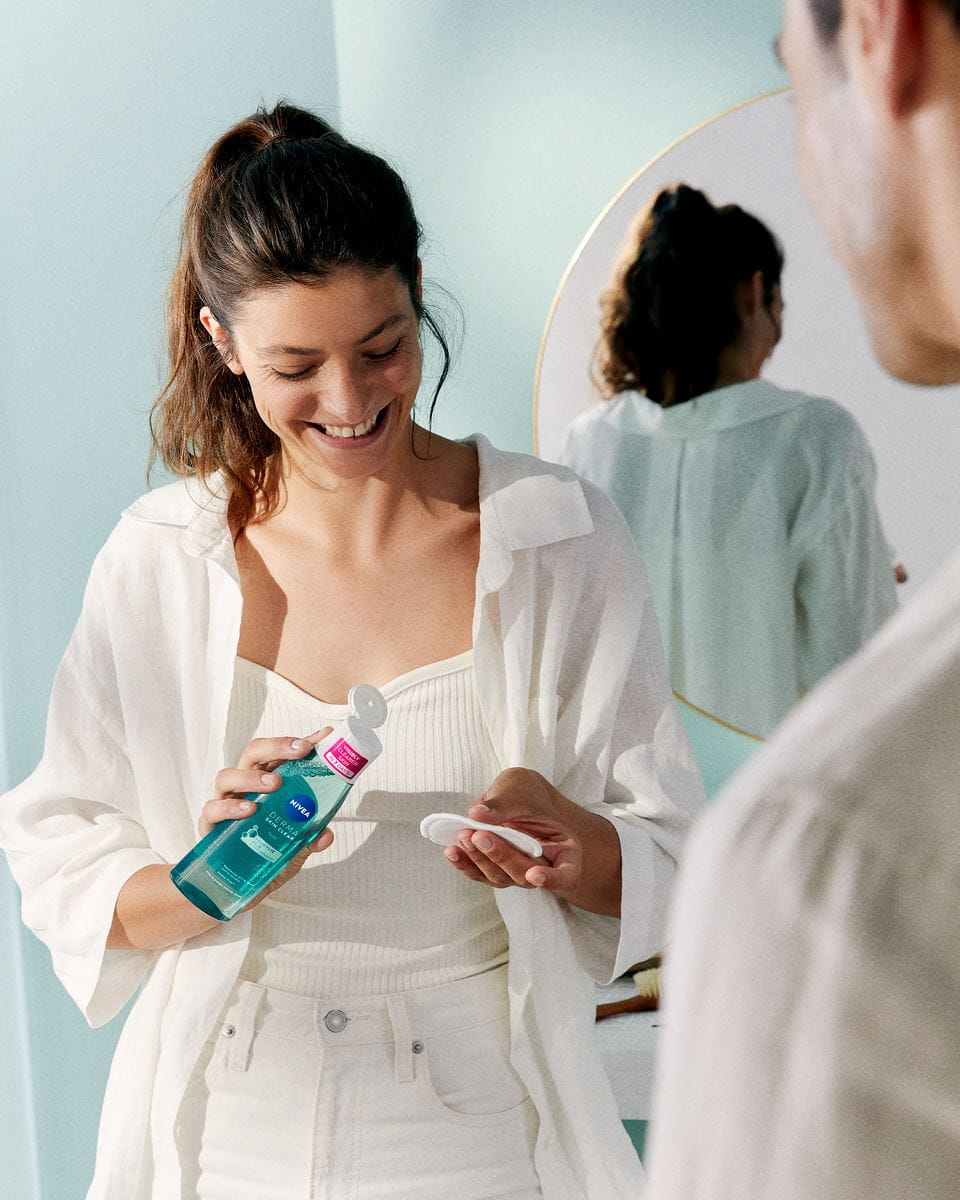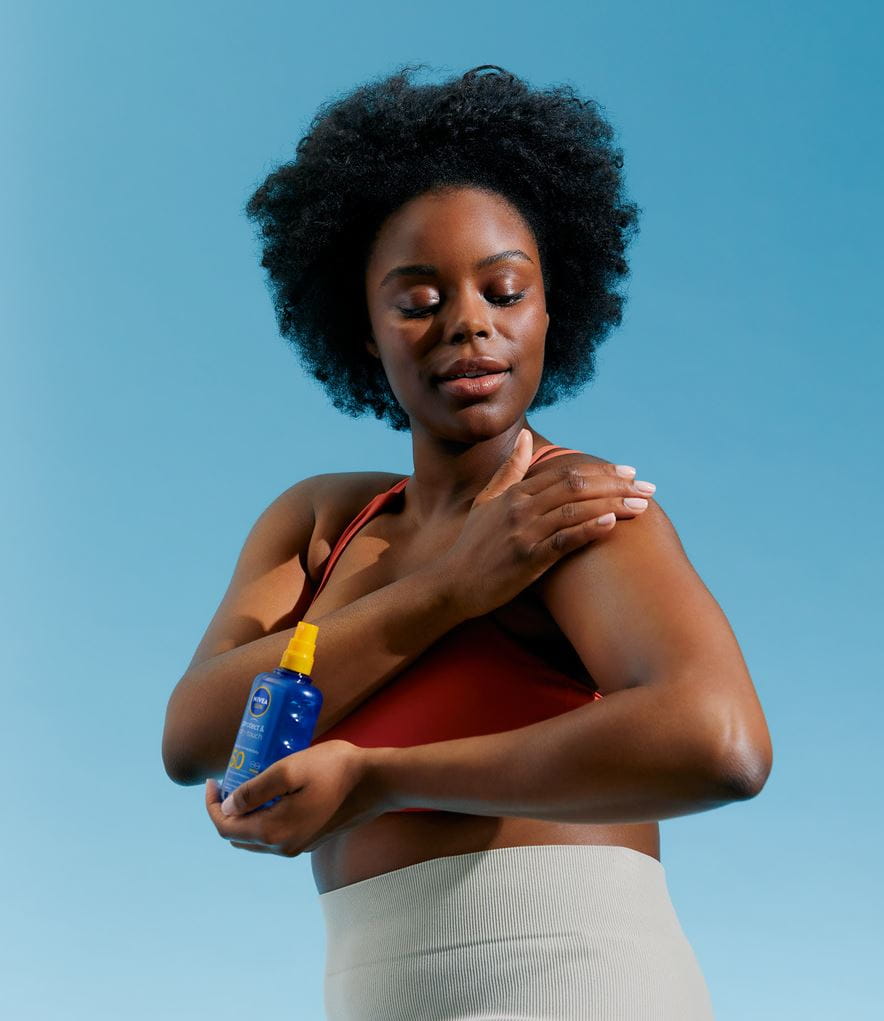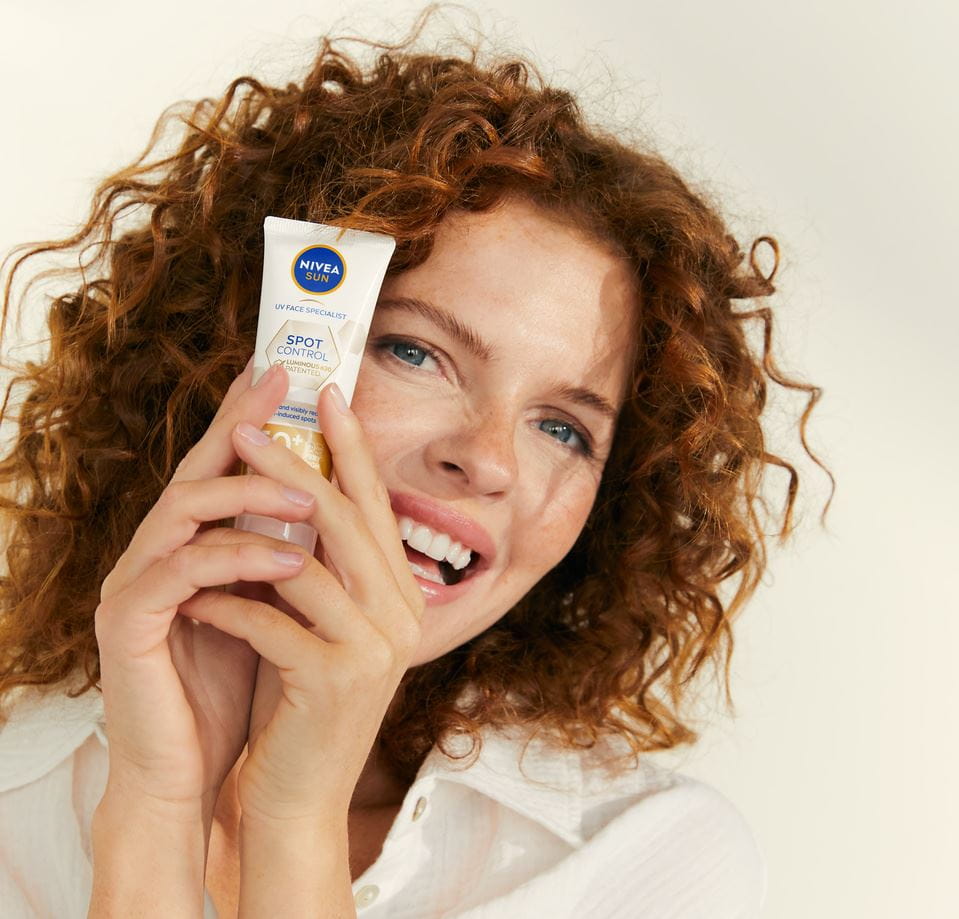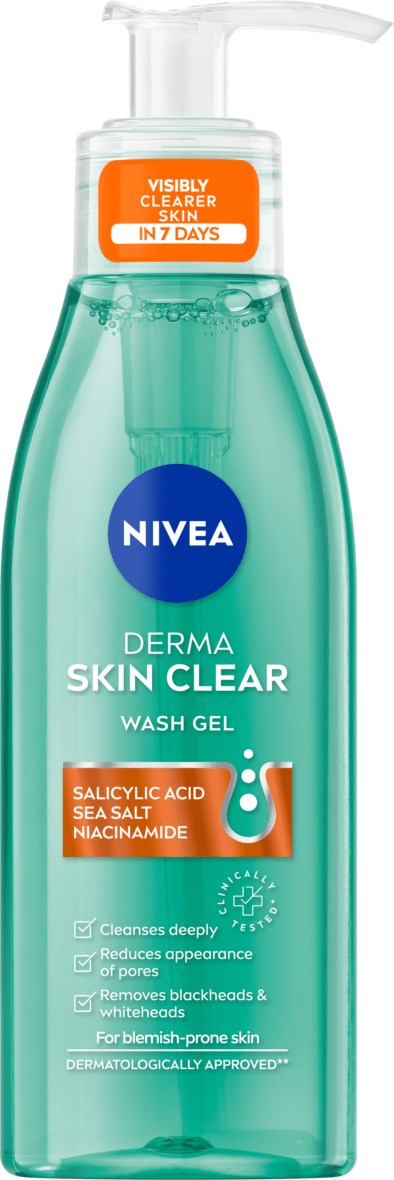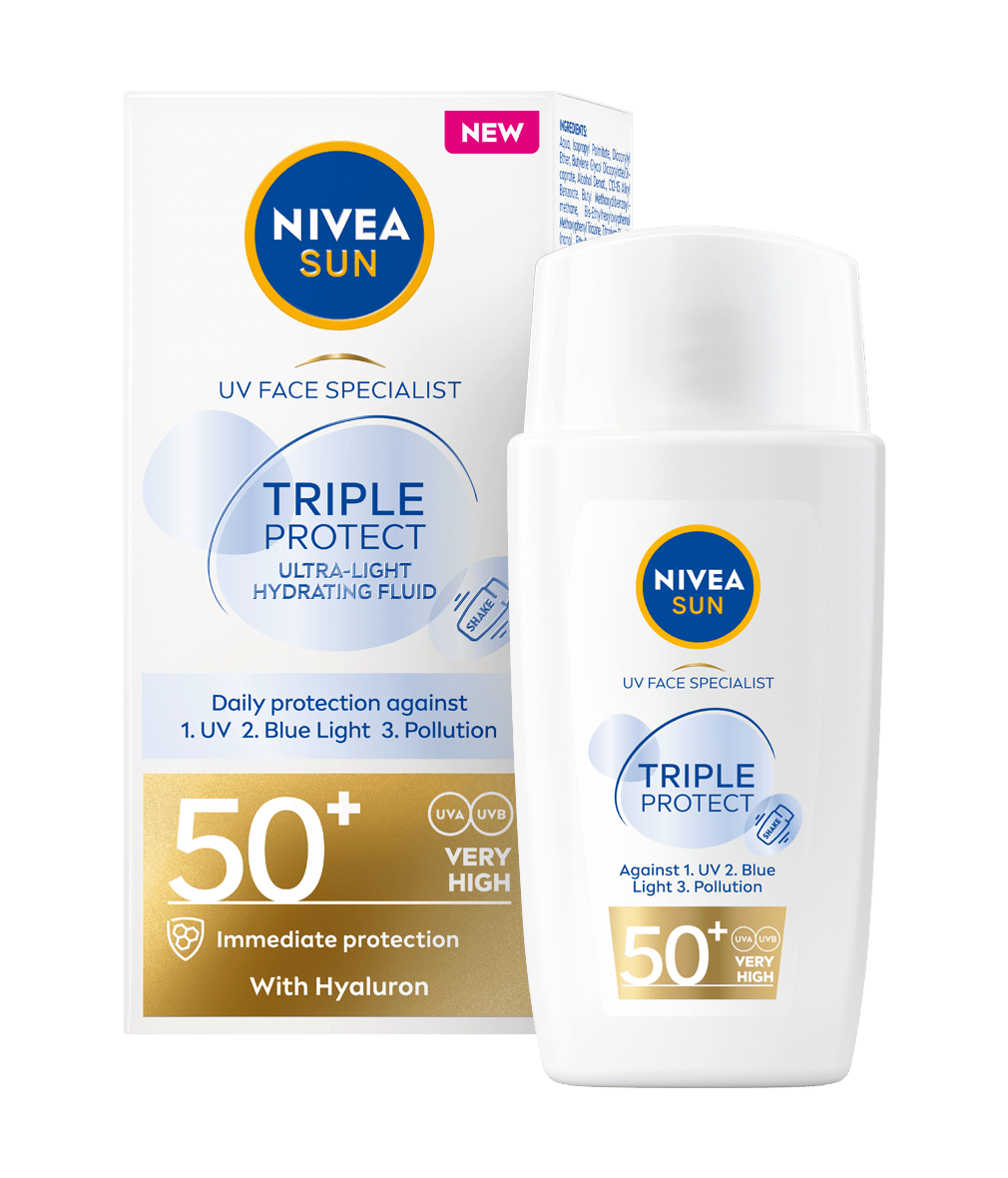
Does The Sun Help Acne & Pimples? What Can You Do?
Does the sun help with acne & pimples or not? Find out the effect the sun has on acne-prone skin & the care you can take.
DOES THE SUN HELP WITH ACNE & PIMPLES?
Overexposure to sunlight can cause serious damage to the skin, especially for those suffering with acne. The sun's UV rays can worsen acne breakouts, as well as scarring, this is because time in the sun can strip away natural oils. Our skin responds to this by increasing sebum production, which often contributes to blemishes and pimples. Taking the correct precautions for acne-prone skin in the sun will help to keep skin happy and healthy.
It is no surprise that many people are misled to believe sitting in the sun is good for the skin. People often talk about their skin glowing when coming back from a summer holiday, so you may think it clears your skin. However, this is not the case and the damage may not be visible but it is definitely there.
Here we answer whether the sun is beneficial for acne-prone skin, debunk the rumours and offer advice on tackling those persistent pimples.
It is no surprise that many people are misled to believe sitting in the sun is good for the skin. People often talk about their skin glowing when coming back from a summer holiday, so you may think it clears your skin. However, this is not the case and the damage may not be visible but it is definitely there.
Here we answer whether the sun is beneficial for acne-prone skin, debunk the rumours and offer advice on tackling those persistent pimples.
HOW TO TREAT ACNE SYMPTOMS & PIMPLES CAUSED BY THE SUN
PREVENTION IS THE BEST TREATMENT
To manage sun pimples, the obvious first step is to start by cutting down the time spent in the sun and wear SPF30+ when you do. In order to manage further acne breakouts, there are a couple of prevention methods you can try:
